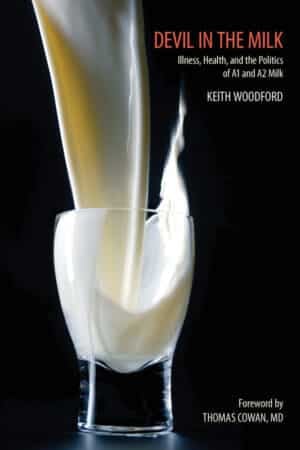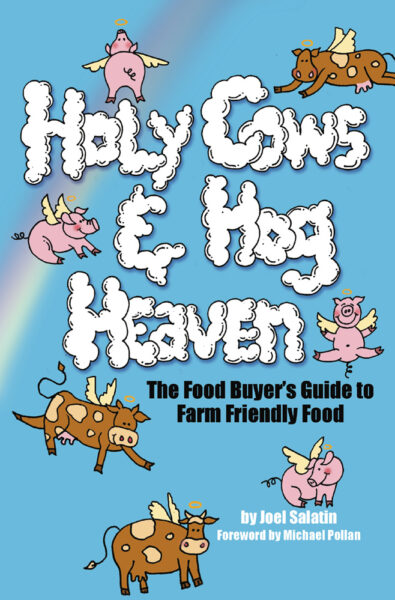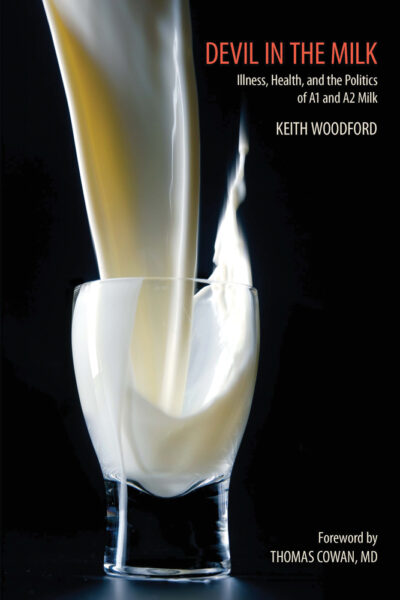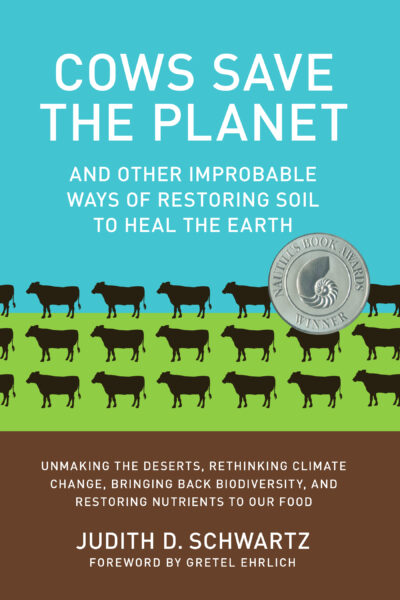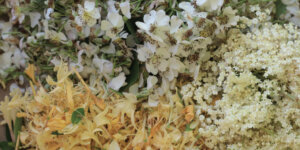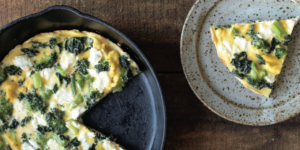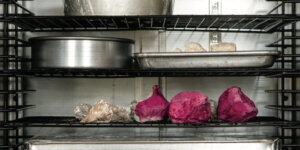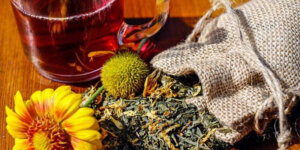A1 Cow’s Milk May Account for a Range of Serious Illnesses
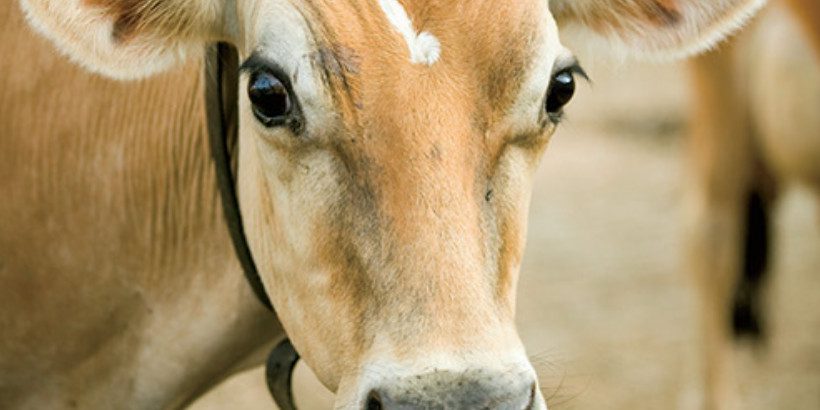
The following is an excerpt from Devil in the Milk: Illness, Health, and the Politics of A1 and A2 Milk by Keith Woodford. It has been adapted for the Web.
What North Americans should be concerned about is that North American milk is very high in A1 beta-casein, and no one is doing anything about it.
—Keith Woodford
My career as a physician, which now spans over 25 years, has been closely linked to milk and other dairy products. That connection is thanks in part to a book I came across early in my medical training—The Milk of Human Kindness Is not Pasteurized, by William Campbell Douglass, MD, a true medical rebel. It turned out to be one of the most important books on medicine that I have ever read, and it helped form my views on medicine. (The book has since been republished as The Milk Book.)
Fueled by Dr. Douglass’s insights, I quickly became an advocate for raw milk and saw a lot of positive benefits from switching people from commercial pasteurized milk and milk products to pasture-fed, raw, and cultured dairy. Already, I had long been an advocate for eating butter and other full-fat products—another stance that has been largely vindicated by current medical research as well as the catastrophe that is margarine. This phase was followed by my introduction to Nourishing Traditions by Sally Fallon—another passionate full-fat, raw-milk advocate—and the subsequent founding of the Weston A. Price Foundation, of which I am one of the founding board members. I then authored The Fourfold Path to Healing, along with Sally and Jaimen McMillan, which among other things spoke of the dangers of commercial pasteurized dairy products and the health, social, and economic benefits that would come from our country switching to properly raised cows providing full-fat, raw dairy products.
However, all this time, I had the sense that somehow I didn’t have the full story. In my practice, I was continually faced with patients whose medical situation improved only once they had stopped cow’s milk entirely. Butter and ghee didn’t seem to cause problems, but I still saw patients whose immune systems didn’t heal or who had excess congestion and its attendant problems as long as they consumed any kind of cow’s milk. Something was still up.
In Devil in the Milk, Farm Management and Agribusiness Professor Keith Woodford delivers what seems to be a key to answering why problems persist when some patients ingest milk. As the author explains, there is a protein called beta-casein in the milk-solid part of cow’s milk—but not in the fat (butter) and not in the whey. The type of beta-casein varies in cows according to their genetic makeup, but the most common types are known as A1 beta-casein and A2 beta-casein. A1Beta-casein, common in American and European cows, releases an opiate-like chemical upon digestion called BCM-7, which is the exact culprit in the myriad of symptoms I have seen all these years. These symptoms include joint and muscle pains, fatigue, digestive disturbances, and headaches. A1 beta-casein refers to the type of beta-casein that has histidine instead of proline at position 67 of the protein chain. As a result of this mutation from proline to histidine, the peptide that emerges from this amino is able to be liberated in the digestive tract of the animal or person consuming the milk. To simplify this, the cows themselves are either called A1 or A2 cows, depending on which beta-casein variant they have.
Devil in the Milk is a monumental study, convincingly laid out, and one that demands our immediate attention. If Woodford is correct, which I have no doubt he is, the effects of drinking milk from A1 cows is a piece of the puzzle that needs to be addressed. Dairy products, when properly produced and treated, have nourished generations of the healthiest humans who ever lived. If we can use this book to convert our cows to A2 cows, then use the principles of properly fed, properly prepared dairy, we will do much to reduce the disease burden in our country and find our way to the robust health that is our birthright. I encourage everyone to read this book and see for themselves.
—Thomas Cowan, MD
Recommended Reads
Recent Articles
Oh, honeysuckle…how we love thee. If only there was a way to capture the sweet essence of this plant so we could enjoy it more than just in passing. Luckily, foraging and some preparation can help make that happen! Here’s a springtime recipe that tastes exactly like honeysuckle smells. The following excerpt is from Forage,…
Read MoreIntroducing…your new favorite brunch dish! This whole broccoli frittata is packed with fresh, wildcrafted flavors that are bound to help you start your day off on the right foot. The following is an excerpt from The Forager Chef’s Book of Flora by Alan Bergo. It has been adapted for the web. RECIPE: Whole Broccoli Frittata…
Read MoreWondering where to forage for greens this spring? Look no further than hedges, which serve as natural havens for wild greens and herbs! The following is an excerpt from Hedgelands by Christopher Hart. It has been adapted for the web. Food from Hedges: Salads and Greens Let’s start by looking at all the wild foods…
Read MoreThere’s a whole new world out there when it comes to koji. It doesn’t matter if you’re making bread, cheese, or ice cream, koji helps you pump up the flavor! Growing Koji in Your Own Kitchen Koji, the microbe behind the delicious, umami flavors of soy sauce, miso, fermented bean sauce, and so many of…
Read MoreWhether you’re looking to replace your end-of-the-day cocktail, relax before bed, or want something new to add to your tea, this non-alcoholic mocktail syrup base will do the trick. Delicious and all-natural, take a sip of this nightcap mocktail and feel your troubles melt away. The following is an excerpt from Herbal Formularies for Health…
Read More

